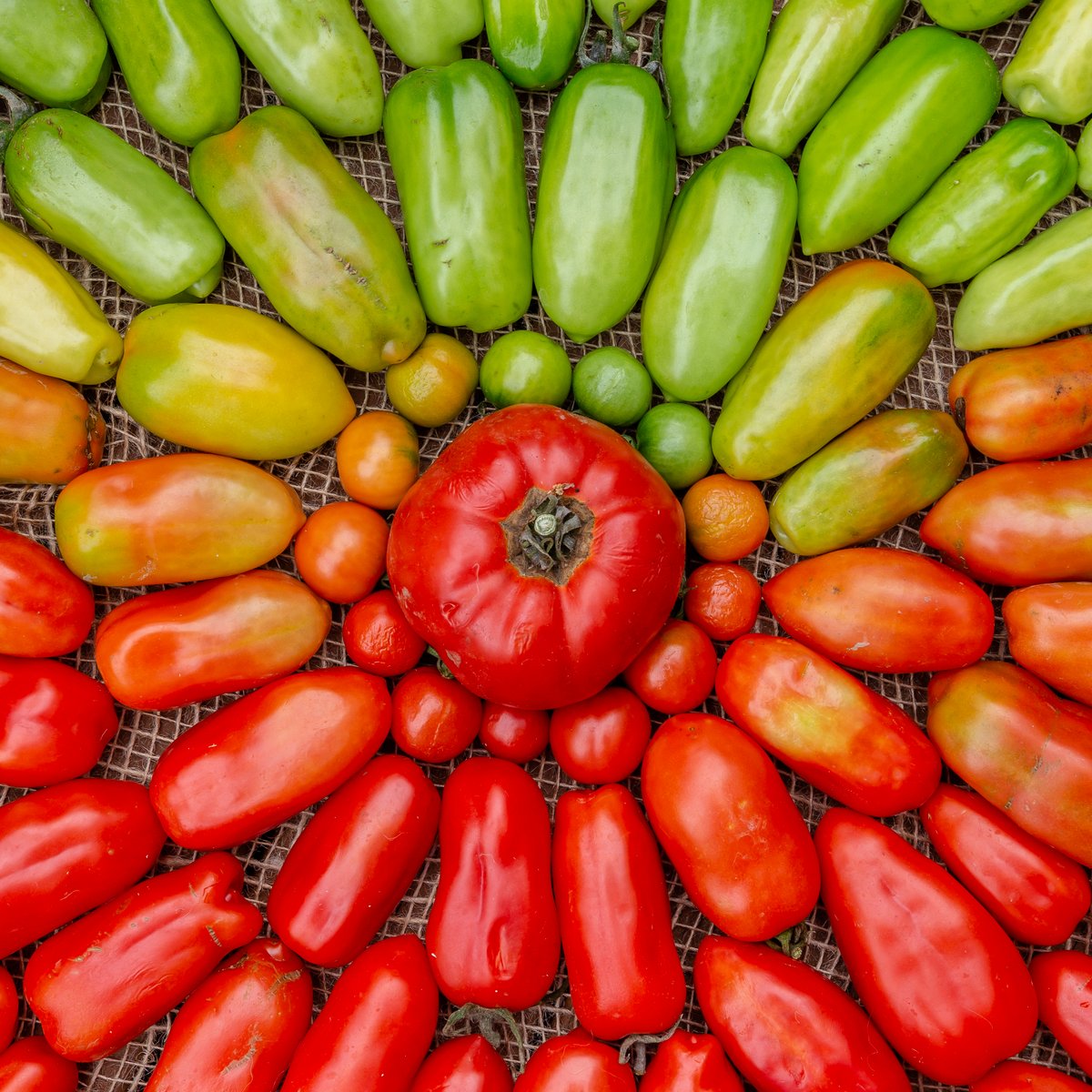Preferences and incentives for innovation

A lone creative who thinks outside the box might be the spark of innovation, but it is collective behaviour that provides the fuel to turn that spark into flames of success. A particularly powerful accelerant is social learning, which feeds the spread of innovation from its source to the wider population.
This interplay of social learning and innovation has been well studied in biology and anthropology, but never in the context of economics and organizations—despite the clear gains that companies can harvest by fostering innovative behaviour.
That’s where Preferences and Incentives for Innovation comes in. The project studies the prerequisites for innovation with game theoretic models of innovation and controlled behavioural experiments to test those predictions. In particular, the project will tease out the effect of individual preferences.
